If a man has no vices, he's in great danger of making vices about his virtues, and there's a spectacle

If a man has no vices, he's in great danger of making vices about his virtues, and there's a spectacle
Thornton Wilder, the renowned American playwright and novelist, was known for his keen observations of human nature and the complexities of human relationships. One of his most famous quotes, “If a man has no vices, he's in great danger of making vices about his virtues, and there's a spectacle,” speaks to the idea that even the most virtuous individuals are not immune to the pitfalls of human nature.In Wilder’s works, characters often grapple with their own flaws and shortcomings, despite their best intentions. They are complex and multi-dimensional, with both virtues and vices that shape their actions and decisions. Wilder understood that no one is perfect, and that even the most virtuous individuals can be led astray by their own pride, arrogance, or self-righteousness.
The quote also suggests that when a person lacks vices, they may become overly focused on their own virtues, leading to a sense of self-righteousness or moral superiority. This can create a spectacle, as others may view them as hypocritical or judgmental. Wilder’s characters often struggle with their own moral dilemmas and internal conflicts, highlighting the complexities of human nature and the inherent flaws that make us all human.
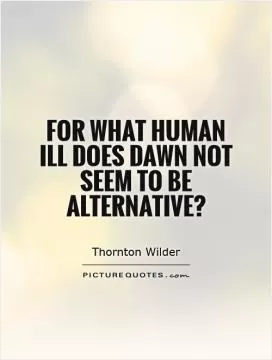

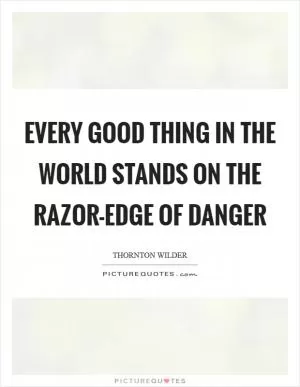
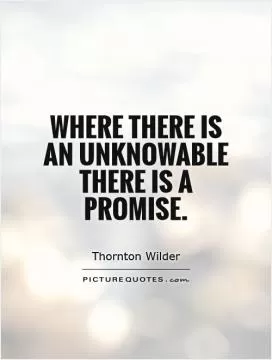

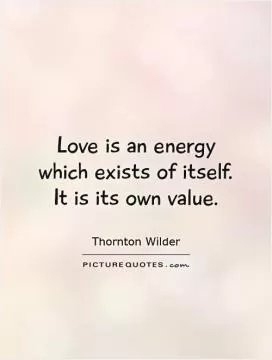

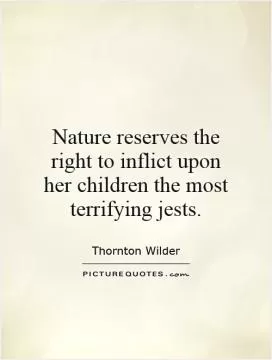


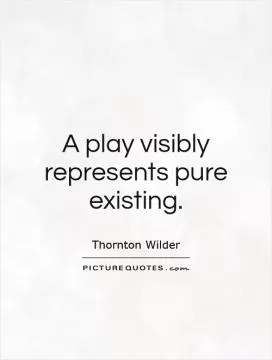

 Friendship Quotes
Friendship Quotes Love Quotes
Love Quotes Life Quotes
Life Quotes Funny Quotes
Funny Quotes Motivational Quotes
Motivational Quotes Inspirational Quotes
Inspirational Quotes